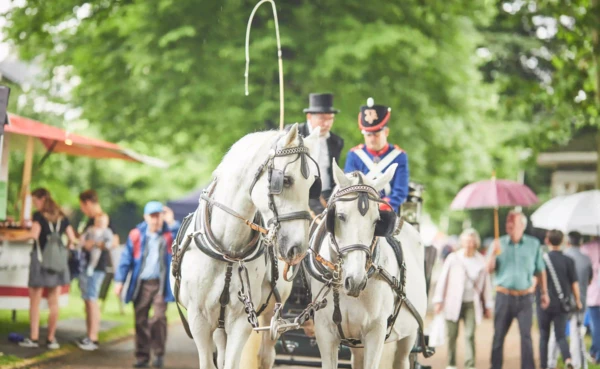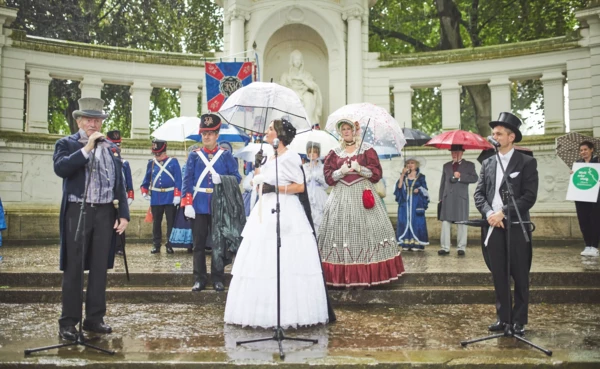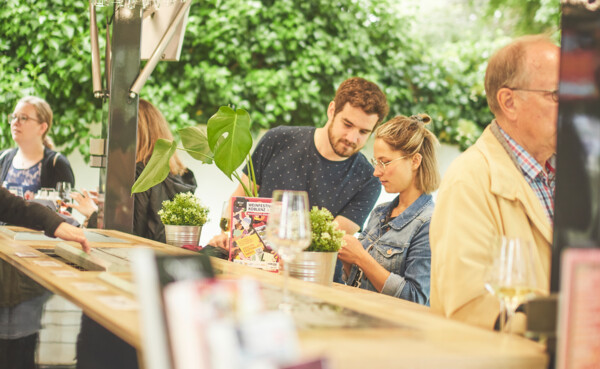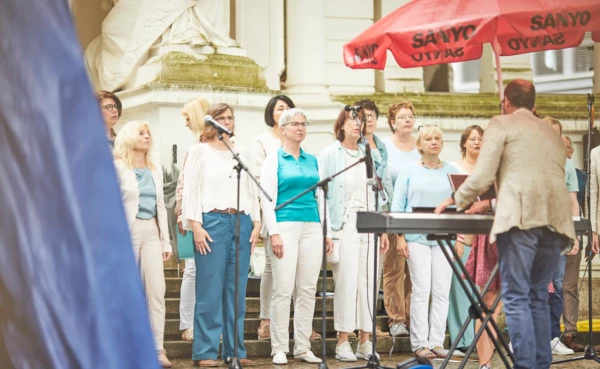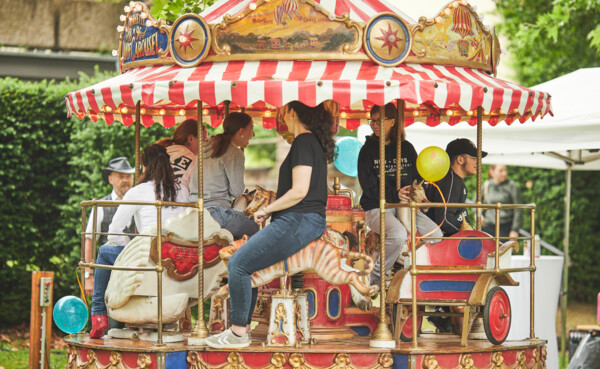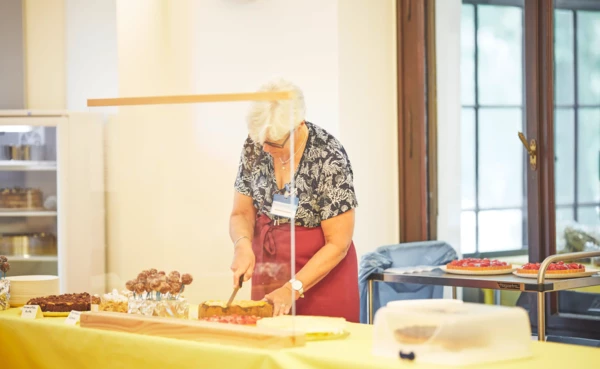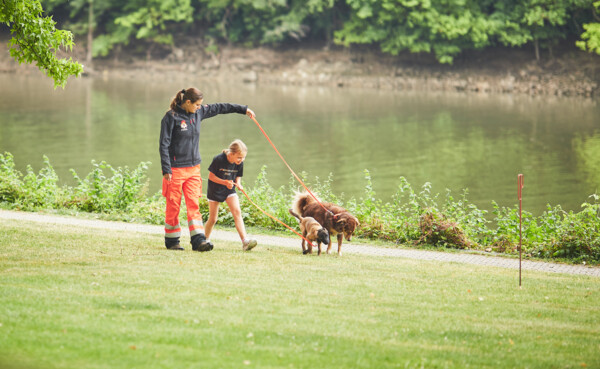Augusta Fest
on the Rhine Promenade
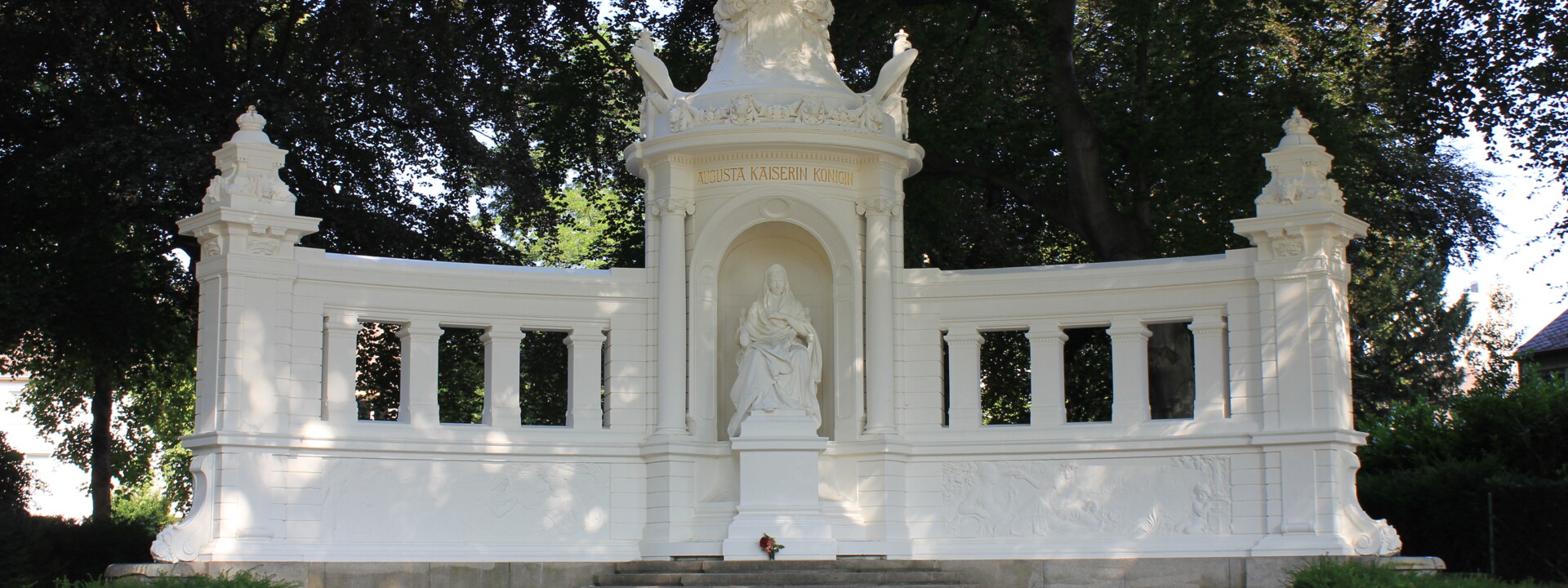
Clubs & Charities
Gardening & Leisure
Open-Air Theatre & Cuisine
Fr.: 5–10 p.m.
Sa.: 11 a.m. – 11 p.m.
Su.: 11 a.m. – 6 p.m.
The Augusta Fest offers a varied programme for visitors of all ages and from May 30 to June 1, 2025, the historic Kaiserin-Augusta Promenade in Koblenz will be transformed into a lively festival mile that focuses on culture, volunteering, culinary delights and entertainment.
Regional catering, informational and hawker stands, hands-on activities for children and much more await you throughout the festival grounds.

PROGRAMMe
We will make the programme for the Augusta Fest 2025 available long before the event!

ABOUT THE Augusta FESt
In 2006, Koblenz-Touristik and its cooperation partners celebrated the premiere of the "Augusta Fest" event as part of the "World Heritage Day" celebrated by the UNESCO Commission and the "Welterbestätten Deutschland e.V." association. Since 2005, the Augusta Fest has been celebrated every year on the first Sunday in June. The UNESCO World Heritage Sites are the focus of public interest.
The Augusta Fest is celebrated in honour of Empress Maria Luise Augusta Katharina, Princess and Queen of Prussia (1811-1890). The wife of Emperor Wilhelm I lived with her family in the Electoral Palace from 1850 to 1858 (during his time as Governor General of the Rhineland). After Wilhelm I was proclaimed king (1861), Augusta continued to visit the city of Koblenz and was involved in a wide range of activities. In 1865, for example, she "donated" the Rhine Promenade to the city, which was designed by the Prussian master gardener Peter Joseph Lenné and Hermann Prince von Pückler-Muskau as advisors.
In 2024, the Augusta Fest underwent another overhaul. Extended to 3 days with an exciting programme and a new look, visitors can look forward to a weekend full of culinary delights, culture and volunteering!
UNESCO World Heritage Day
On the initiative of the German UNESCO Commission and UNESCO World Heritage Sites Germany e.V., a UNESCO World Heritage Day was proclaimed in Germany for the first time on June 5, 2005. Since then, World Heritage Day has been held every year on the first Sunday in June.
Each year, a different German World Heritage site hosts the central event. World Heritage sites such as Lorsch Monastery, Dessau/Wörlitz, Wittenberg/Eisleben, Goslar, Rammelsberg, Aachen Cathedral and many others have already taken part.
In 2011, the BUGA (Federal Horticulture Show) city of Koblenz was the central venue for World Heritage Day.
The aim of UNESCO World Heritage Day is to raise public awareness of German World Heritage sites not only as places of particularly careful heritage conservation, but also of their role as mediators.
